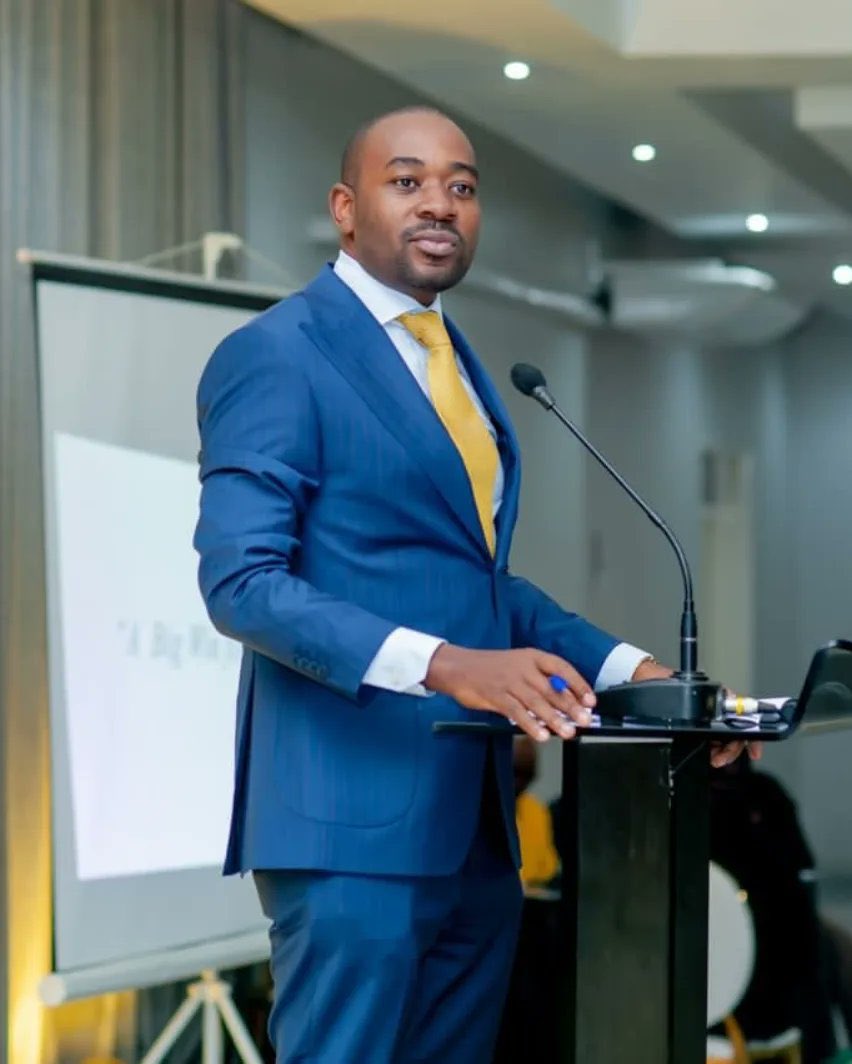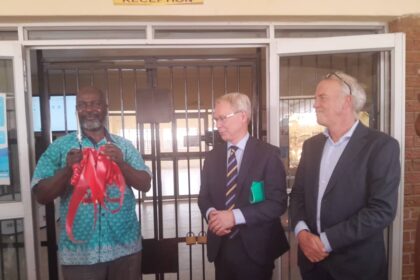Following the state-sponsored onslaught on the Nelson Chamisa-led opposition Citizens Coalition for Change (CCC), Zimbabwe faces a political void.
This assault began after the 2023 harmonised elections, leaving Zimbabwe without a robust opposition party to challenge the government.
The situation worsened when CCC Interim Secretary General Sengezo Tshabangu recalled elected legislators from the party.
This move culminated in Chamisa’s announcement that he would step aside, creating further instability within the opposition.
A faction of CCC introduced an interim executive led by Professor Welshman Ncube, hoping for seamless continuity.
However, they have struggled to establish a firm footing, leading to more disarray. Other opposition leaders, such as Douglas Mwonzora, Jacob Ngarivhume, and Linda Masarira, have retreated from the political scene.
These leaders, along with 2024 Presidential election candidates, may be biding their time until the next Presidential elections.
The Role of the Opposition in a Democratic State
In a democratic state, the opposition is crucial not only for challenging the ruling party during elections but also for holding it accountable.
Every political party represents a constituency, and in a democracy, every voice matters. When the government makes decisions, opposition parties should represent the views and interests of their constituencies effectively.
This ensures that diverse perspectives are considered, strengthening democratic governance.
Mnangagwa Regime’s Excesses
The Emmerson Mnangagwa regime has consistently made blunders, yet there is no strong opposition to hold it accountable.
Starting with the disputed 2023 harmonised elections, numerous issues need addressing to avoid a repeat in 2028. Zimbabwe’s electoral field notoriously favours the incumbent, making electoral reforms crucial.
Despite being a topic of discussion since 2000, the opposition has struggled to make significant progress.
Typically, the push for reforms resurfaces just before elections, leaving insufficient time for implementation.
Corruption Continues Unabated
Corruption cases have escalated with little to no governmental accountability, raising serious concerns.
The alleged state capture by Wicknell Chivhayo should have sparked significant opposition outrage.
Chivhayo is accused of corruptly benefiting from a Zimbabwe Electoral Commission (ZEC) tender, which he allegedly inflated by over 235 percent.
Awarding such an important tender to individuals with direct links to Zanu PF raises questions about ZEC’s independence.
Erosion of Citizens’ Rights
During Chamisa’s absence, courts have continued to flagrantly disregard citizens’ rights. One notable instance was the repeated denial of bail for former Zengeza West legislator Job Sikhala, a clear case of political persecution.
This situation should have triggered significant opposition action, highlighting the need for vigilance.
Similarly, the recent assault of 80 CCC members by police during the Day of the African Child commemoration shows a shrinking democratic space.
The Need for a Strong Opposition
A strong opposition is crucial for any country, as it helps keep the government in check. In Zimbabwe, the opposition must remain active and vigilant, given the regime’s history of power abuse.
The Mnangagwa regime has shown a blatant disregard for the voice of the people, often ignoring citizens’ concerns.
However, this should not lead to complacency, as unchecked government actions risk further erosion of rights and freedoms.
The already dire conditions faced by citizens due to anti-people policies, including excessive taxation, could worsen without effective opposition.



